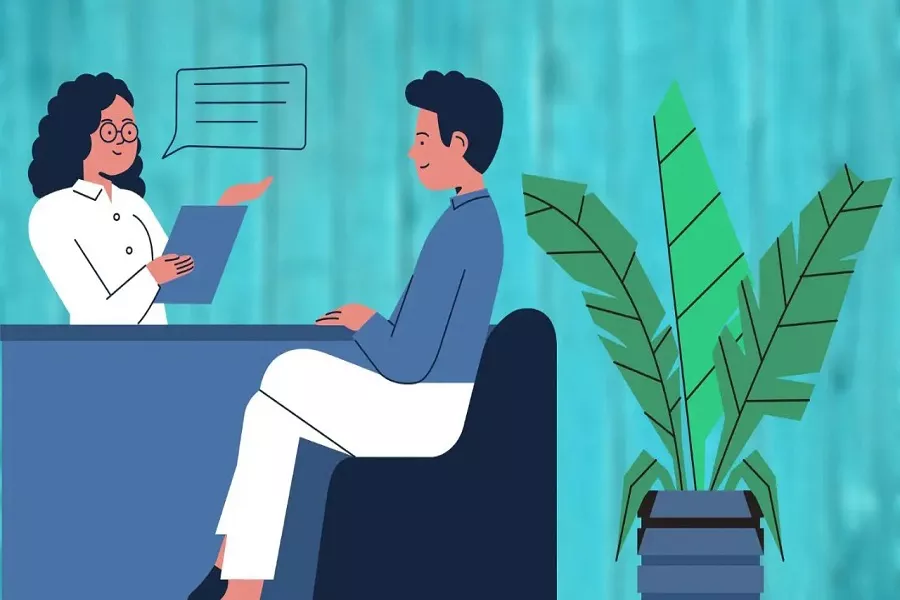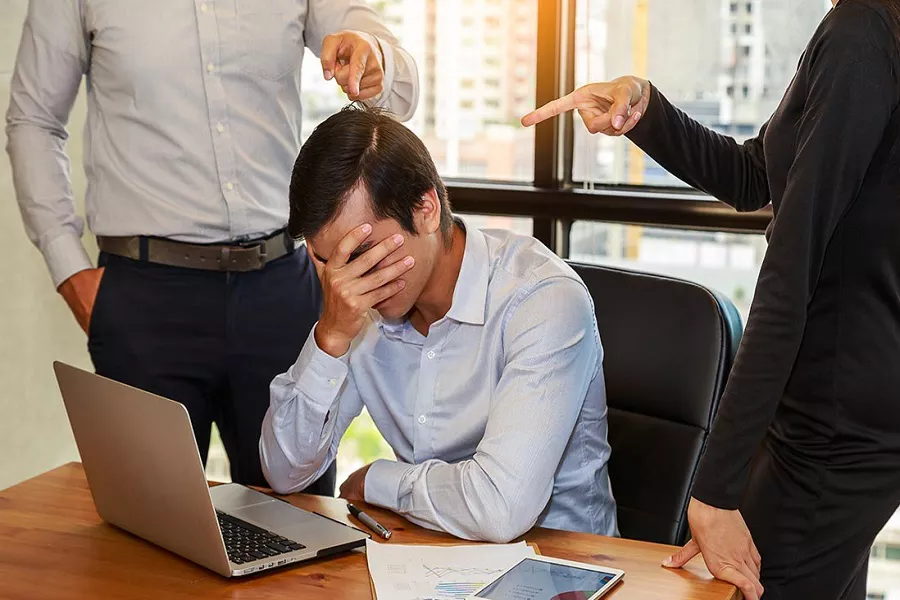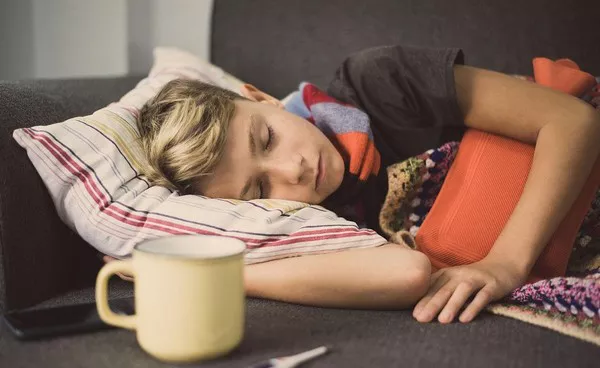With the increasing pressure of modern people, social phobia has become the third mental disorder after depression and alcoholism. Social phobia is not as simple as introverted shyness, but a kind of psychological disorder with negative attitude towards the group at the psychological level. Let’s take a look at how to deal with social phobia. Some people hate to face crowds and always avoid crowded places subconsciously, but they are not out of cowardice or ashamed to meet people, but have a strong sense of rejection and unease towards the outside world. This anxiety and various obstacles to social activities in group life is what people call social phobia. Social phobia is a kind of mental illness. Patients generally like to be in their own world and always find it difficult to communicate with the outside world. Except for a few close people, they rarely communicate with others. The place feels wrong. Social phobia is a mental disorder characterized by intense fear or apprehension about any social or public situation. Patients have a marked and persistent fear of being humiliated or embarrassed by their actions or nervous performance in social or performance situations in the presence of strangers or in situations where they may be carefully observed by others. Some patients have difficulty attending parties, making phone calls, shopping in stores, or asking people in authority. Psychologically diagnosed as Social Anxiety Disorder (SAD), it is a type of anxiety disorder. The disease first originated in 1985, when it was considered to be neglected anxiety disorder, and it was gradually paid attention after 14 years.
How to diagnose social phobia? How do you know if you have social phobia? Physicians point to the following three points for self-testing:
- Are you afraid that others will think you are stupid or worried about looking shy?
- Do you not want to be the center of attention of others?
- Do you not talk to others or do certain things for fear of feeling shy or embarrassed in front of others?
If you have two of the above three points, you may have social phobia; if these situations have made you want to hide at home and avoid contact with any strangers, you may need to seek counseling or treated.
How to treat social phobia
The general procedure is to increase the tolerance of fear by gradually increasing the social situation, so as to achieve the effect of eliminating the social fear response. The first thing to do is to keep telling yourself that this fear can be eliminated. And correctly understand the procedures of interpersonal communication, understand the method of interpersonal communication. Secondly, we should find out the kinds of things that cause social fear in ourselves, and try to dig the root of the deepest soul. Then in an imaginary space, constantly simulate the scene of social phobia, practice the plot of repeated symptoms, and constantly encourage yourself to face this scene bravely, so as to adapt to this anxiety-producing environment from the imaginary . Then go to small parties and try to make your point; finally, hang out with people you fear and reward yourself all the time. Using this method, and practicing regularly, will make a great improvement in the disease. Finally, the use of obsessive-compulsive therapy, small steps. First stand on a busy street; reduce the number of people after adapting, go shopping in the mall and then reduce the number of people to attend some large-scale gatherings; because people are facing more and more pressure, so the number of people suffering from it is increasing. trend. And for doctors, the difficulty in treating these patients is not that more and more people are sick, but that people with social phobia are often afraid or unwilling to meet strangers, or to be posted Labeled “mentally ill” and unwilling to seek medical attention. Mental illness is not scary, what is scary is that you don’t dare to face yourself. Only by facing up to yourself fundamentally, understanding yourself, and bravely facing the society in which you live can you break through the psychological barrier.




























